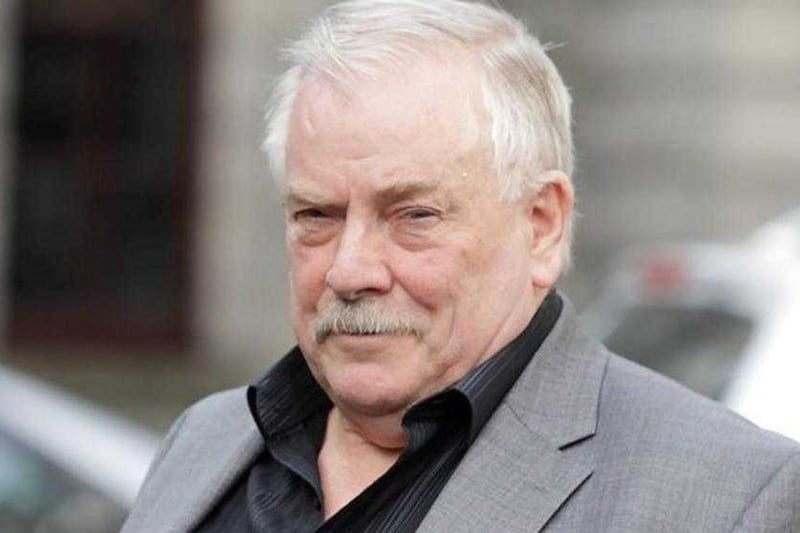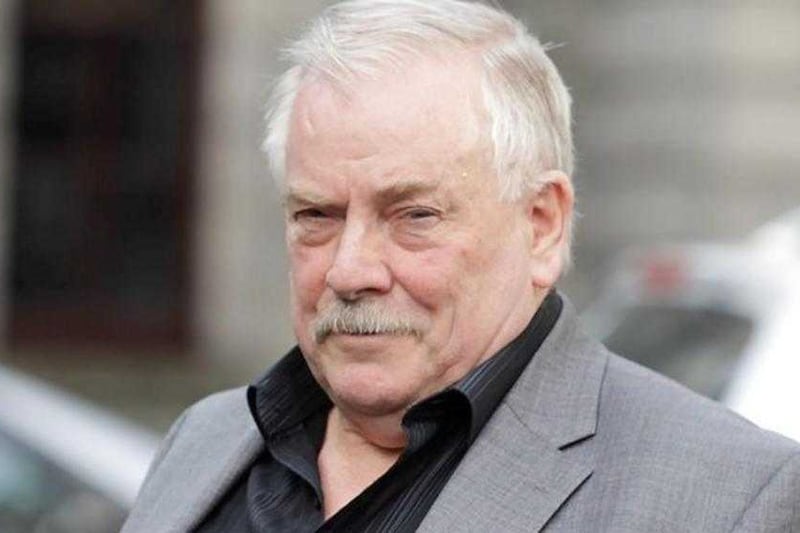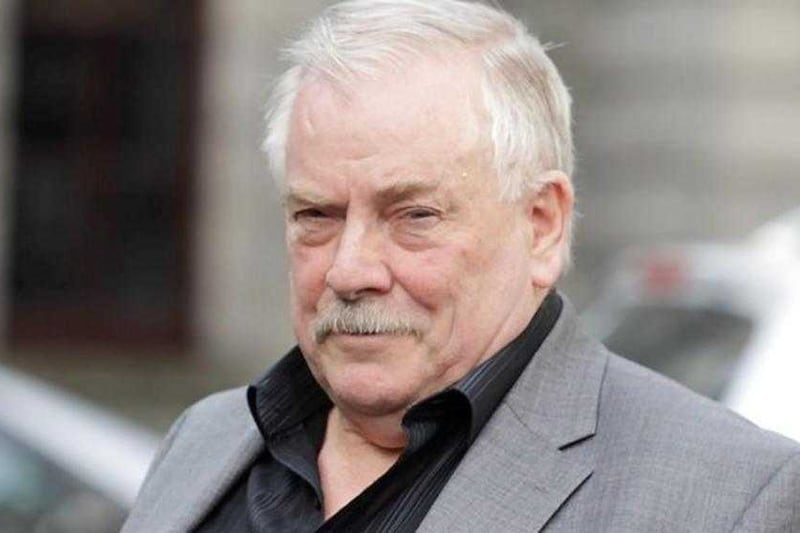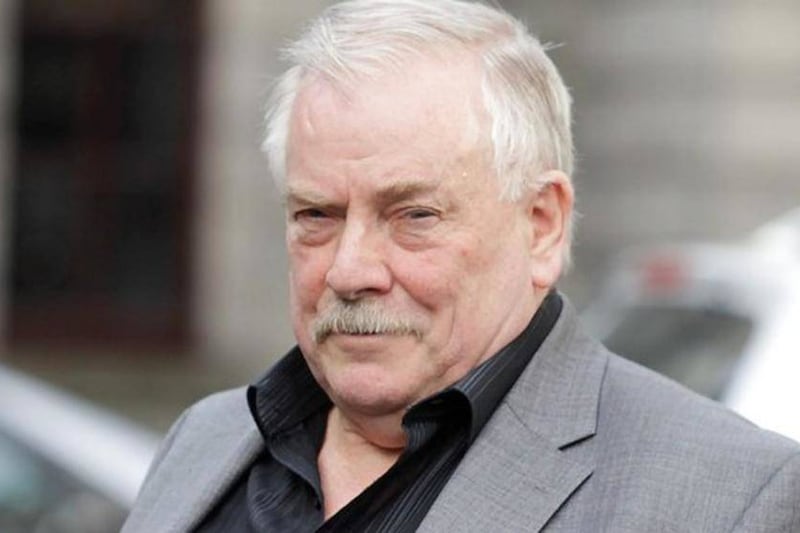TWO property developer brothers of Thomas McFeely have lost a legal battle over £5 million in loan guarantees for a major project in London.
Conal Derek McFeely and Gerard McFeely were seeking to challenge a judgment entered against them in connection with £27m borrowed from Bank of Ireland.
But the Court of Appeal in Belfast on Monday refused to extend time amid a three-year delay in making the application.
Lord Chief Justice Sir Declan Morgan said: "The absence of a hearing on the merits is entirely due to the inaction of the applicants."
The McFeelys, described in court as brothers of fellow developer Thomas McFeely, were involved in a commercial property scheme at High Street in Stratford.
Thomas McFeely is a former IRA hunger striker from Derry who went on to be on Ireland richest developers before losing it all in the 2008 crash.
The project was to be carried out by Northern Irish-based Inis Developments Ltd - a company in which they had an interest.
In June 2007 Inis took out a £27m loan facility with Bank of Ireland.
As part of that arrangement Conal and Gerard McFeely were said to have entered into guarantees for £5m plus interest and costs over repaying the borrowed money.
With Inis unable to complete development of the London property, the firm's loan could not be repaid.
Bank of Ireland then issued proceedings to enforce the guarantees and, in January 2013, secured judgment against the pair for nearly £5.4m.
Lawyers for the McFeelys sought permission to extend time for appeal based on alleged issues about transactions between the bank and the Irish Government's National Asset Management Agency (NAMA).
Arguments were also raised about the acquisition of the loan by NAMA.
However, Sir Declan, sitting with Lord Justice Weir, pointed out that the McFeelys had chose not to play any active part in resisting the original judgment against them.
They were now seeking to introduce evidence which would have been publicly available if they had attempted a defence at the time, he said.
Rejecting all grounds raised, the judge held that none of them advanced the McFeelys' case.
"In the commercial sphere certainty is important in litigation," he added.
"We refuse the application to extend time."







